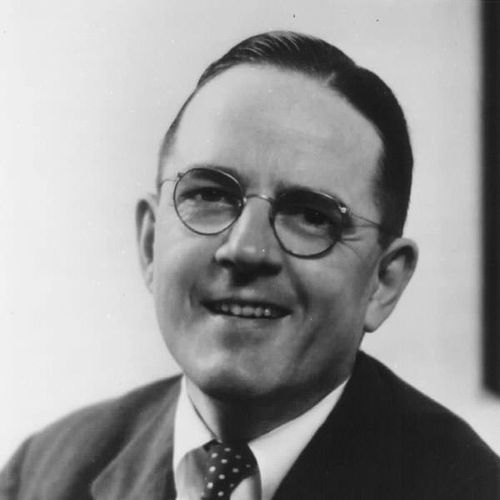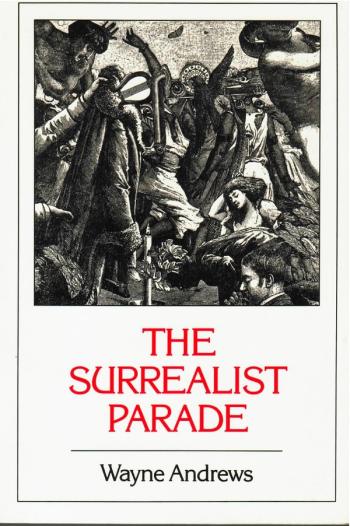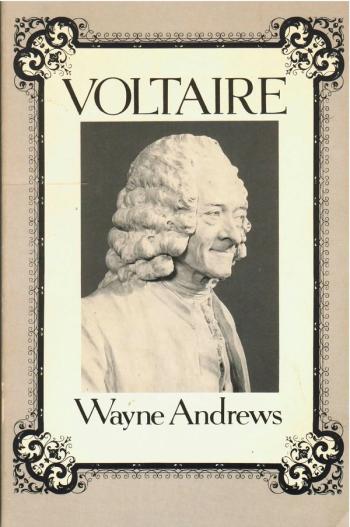“The menace of surrealism was so frequently advertised that any reader of this book should be allowed the impudence of demanding my credentials.” So opens Wayne Andrews’s The Surrealist Parade, a portrait of the movement in literature and art by a man who, at the age of nineteen, began to correspond with its major figures and afterward came to know them well. Under the name of Montagu O’Reilly, Andrews wrote the surrealist fiction Pianos of Sympathy (1936), the very first New Directions book. In later years, Andrews became a social historian, art archivist, and scholar of architectural history, publishing no less than sixteen books, among them his well-known study of the cultural roots of Nazism, Siegfried’s Curse, and a pungent biography of Voltaire (meanwhile, Montagu O’Reilly had made a reappearance on the ND list in 1948 with Who Has Been Tampering with These Pianos?). When Andrews died in 1987, he had completed all but the last chapter of The Surrealist Parade, his portrait of a movement in art and literature that took in such disparate temperaments as André Breton, Paul Éluard, and Salvador Dalí. The book is, in the words of his lifelong friend and publisher, James Laughlin, a “little insider’s history… Montagu is very much behind Wayne in these caustic yet admiring sketches.”


